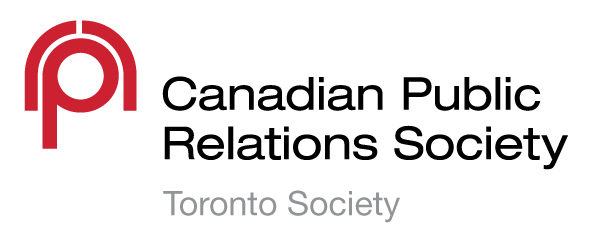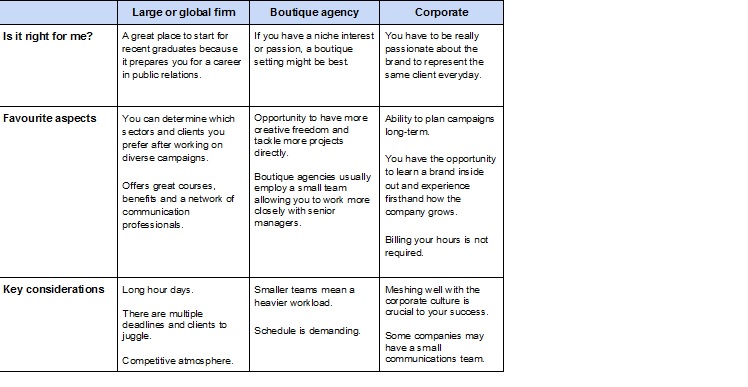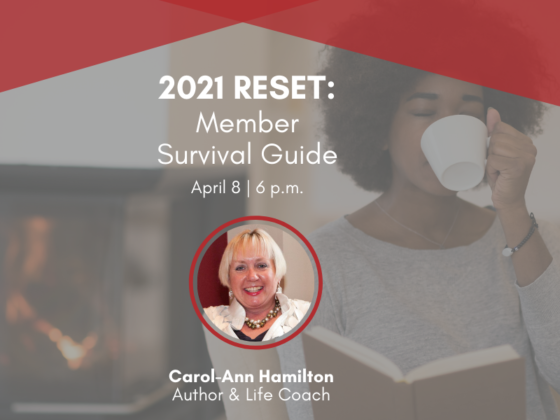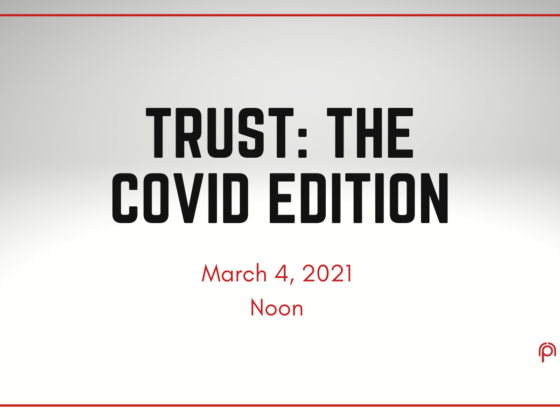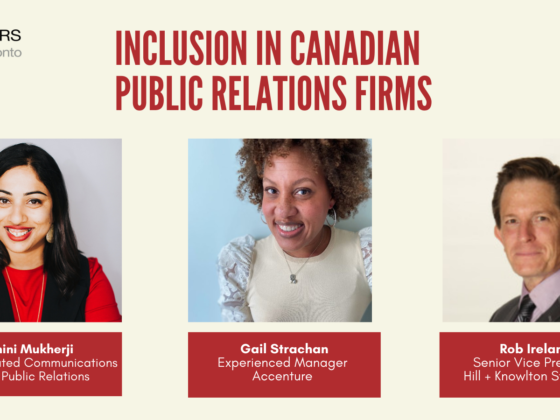Informational interviews are less stressful than job interviews and offer practical career advice outside the classroom. Instead of reading a company’s “About” page I have found it more effective to reach out to someone I admire and pick their brain to accelerate my career search.
After researching professionals on LinkedIn, I came across Humber PR alumna and former TVO public relations manager Kathy Saliba. I was eager to meet with her and our second degree connection was kind enough to introduce us.
I learned a lot from our coffee chat and she offered relevant industry advice. Here are three reasons why I recommend going on informational interviews:
1) Gain insight from industry professionals.
It’s a great opportunity to ask specific questions about their personal experience, which you won’t get from an online search engine.
Kathy’s advice:
- Be open-minded. Opportunities can open up where you least expect them.
- Be a sponge. Absorb as much information as you can. Make the most of every experience.
- The learning process is never ending. Keep searching for opportunities to grow. Take advantage of the professional development and training courses offered online, at work or through professional organizations such as the CPRS Toronto Society.
2) Their knowledge of the industry can help you choose your path:
I was interested in learning about the differences between working in a large firm, boutique agency and corporate setting. Since Kathy had experience in all three she was able to shed some light on the subject.
Kathy suggested trying different work environments throughout your career to determine your preferred lifestyle and sector.
3) Helpful career tips
Kathy generously shared advice on how to succeed in job interviews:
- Read the company’s press releases and conduct a media audit to become more informed about the employer’s latest projects.
- In case of any questions about media relations, research media outlets tailored to the company’s clients or products. It’s a good habit to form a media list filled with specific traditional media, online bloggers and influencers.
- Research the person you are interviewing on LinkedIn to see if you have any shared connections or experiences you can bring up in the interview.
I encourage students and recent graduates to go on informational interviews if they want to build their confidence and learn more about their future. The more you go on and the more interview practice you obtain, the more prepared you will be to navigate your PR career.
—
By: Alessandra Manieri, Post-Graduate Public Relations Humber College
